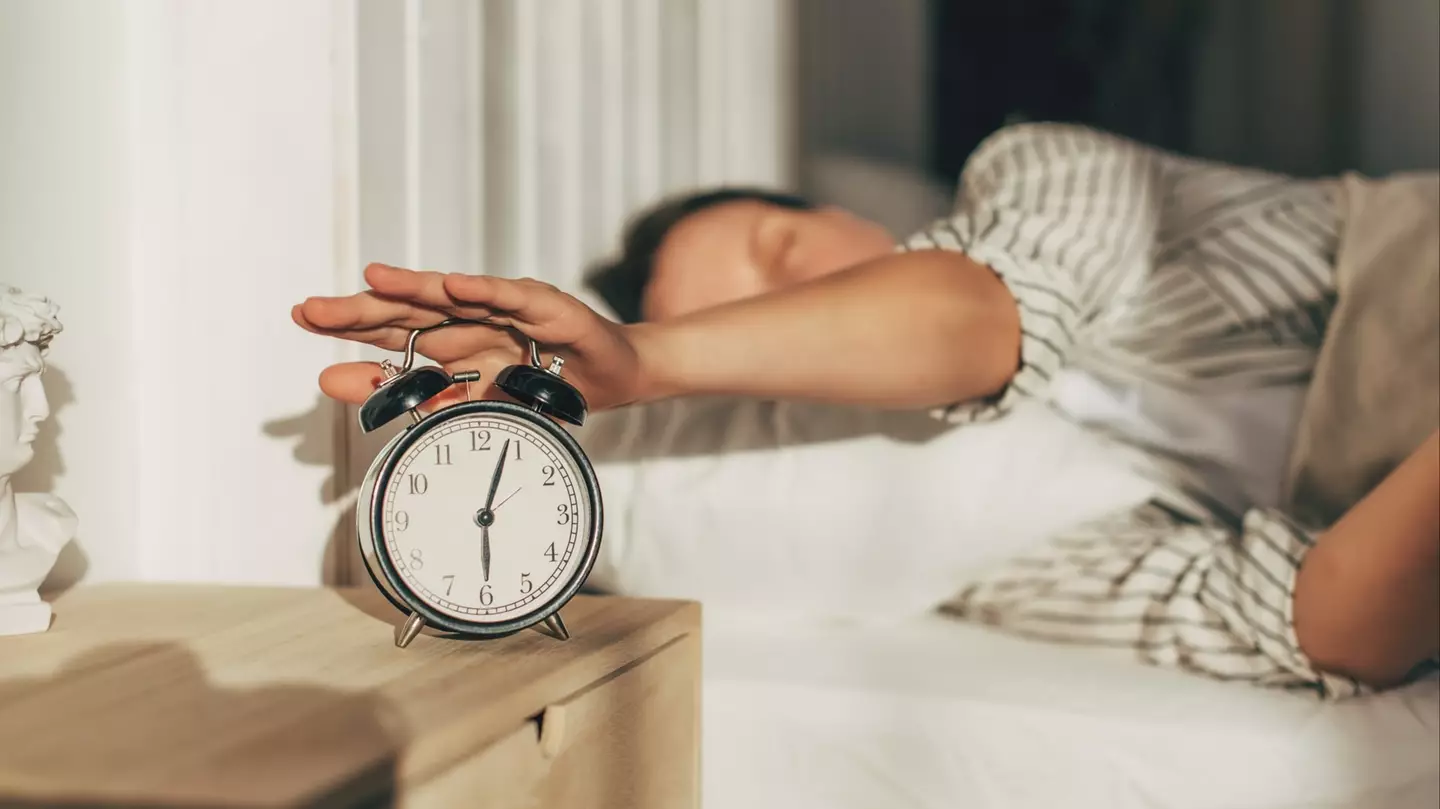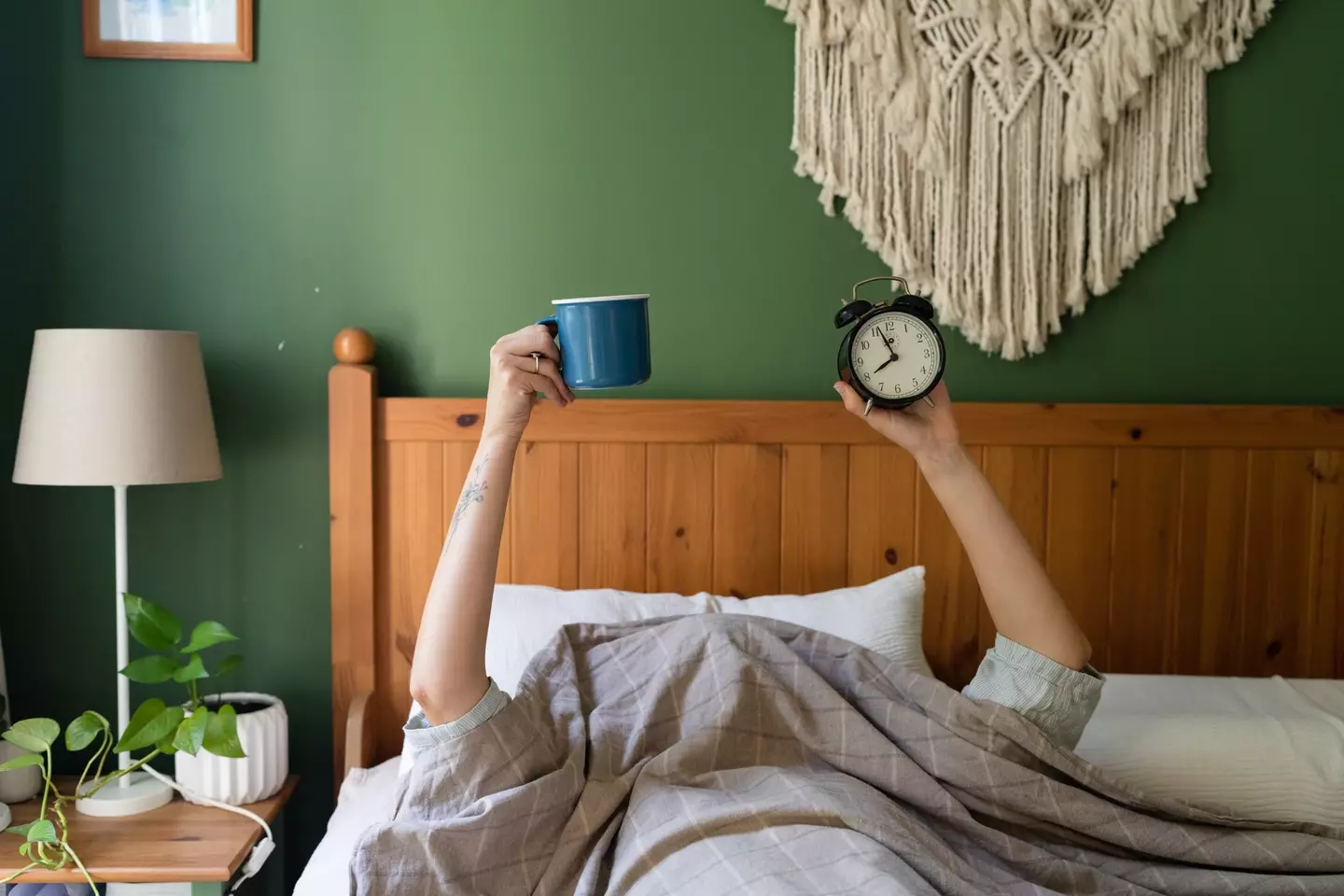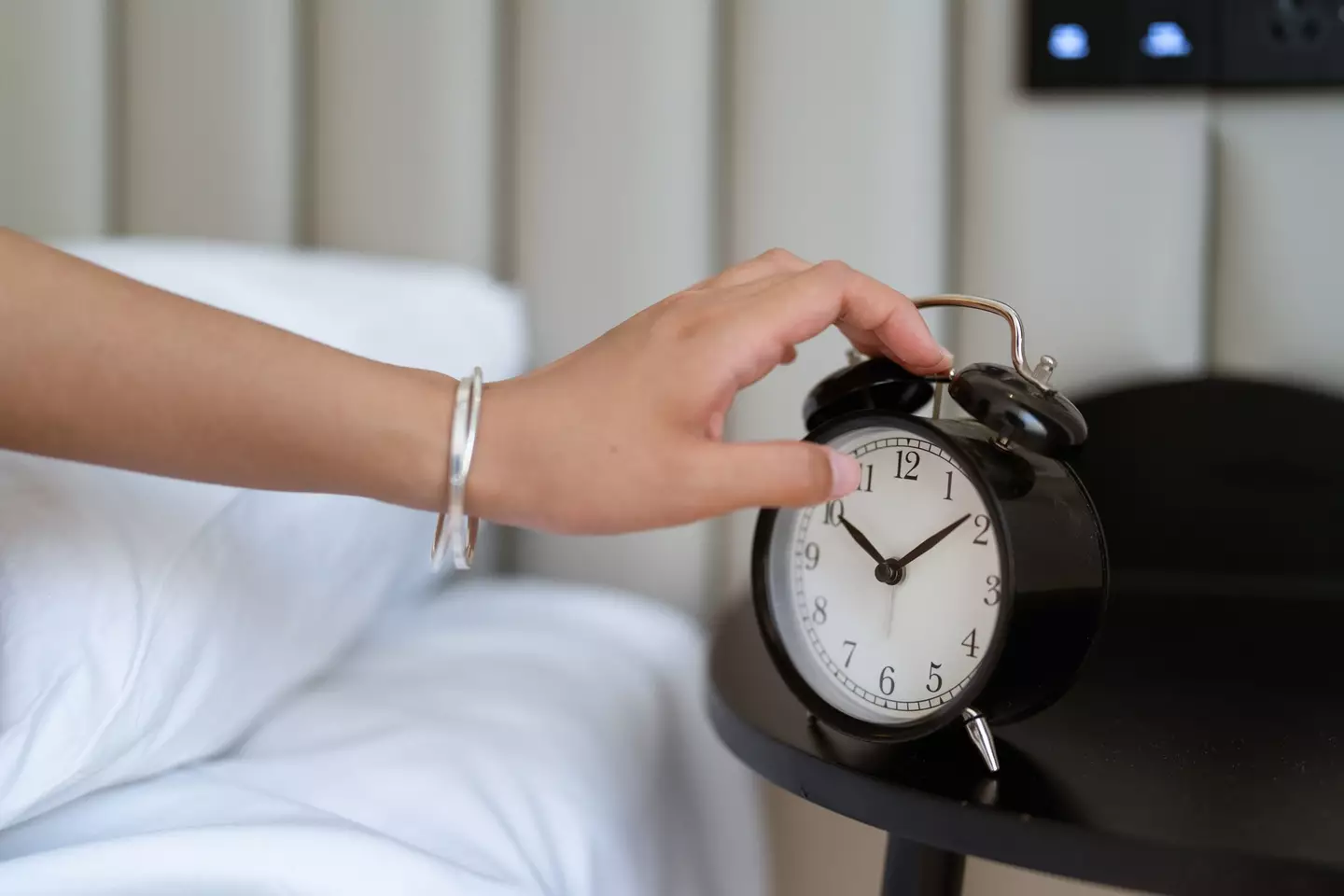
Clocks change twice a year in Britain, and having an extra hour's sleep is definitely welcomed up and down the country.
On the last Sunday in March, the clocks go forward one hour (to BST) at 1:00am GMT. While we lose an hour's sleep, it also welcomes the longer, lighter days.
And this evening (26 October) - which happens to be the last Sunday in October - the clocks are set to go back an hour (to GMT) at 2:00am BST, resulting in shorter, darker days as the winter months roll in.
The main reason we do this is to make better use of daylight.
Why do the clocks change twice a year in the UK?
Because of the tilt of Earth’s axis and its orbit, daylight hours vary with season. In summer, there is a lot of daylight, but much of it in the evening goes unused if clocks stay fixed.
Advert
The idea is to shift daylight into evening hours, when people are more active.
William Willett, a British builder in the early 20th century, is said to be the lad who came up with the idea.

In 1907, he published a pamphlet The Waste of Daylight, arguing that people were wasting morning sunlight by sleeping through it, and proposed advancing clocks in spring.
He wanted there to be more light in the evening, partly so he could carry on playing golf, according to the BBC.
The UK first introduced daylight saving in 1916, during the First World War, to conserve energy and coal, and make better use of daylight.
The problem with the clocks going back an hour
Sleep experts, however, reckon getting that extra hour in bed when the clocks go back could be causing more damage than we think.
"Your sleeping pattern is controlled by your circadian rhythm, our internal 24-hour clock which regulates when it's time to wake up and go to sleep, as well as other bodily functions such as body temperature, hormone production and digestive health," said Tyler Woodward, a health expert at Eden's Gate.
He told The Mirror: "While losing an hour might not seem like much of a difference, it can impact your energy, causing fatigue and feeling a little more sluggish, symptomatic of jet lag."

Doctor Isabel Viña - one of Spain's best known podcasters - also said to the outlet that darker evenings can have a big impact on daily life.
The two sleep cycle stages are known as non-rapid eye movement (NREM) sleep and rapid eye movement (REM) sleep.
While NREM sleep is important for body repair, energy restoration and memory consolidation, REM sleep is key for emotional regulation, memory processing, learning, and brain development.
Basically, sleep alternates between NREM and REM in 90-minute cycles throughout the night.
A healthy balance between the two is said to be essential to your health.
Dr Viña, however, warns that both cycles are affected when the clocks change, leading to tiredness, irritability and a lack of concentration.
It can also cause a change in blood sugar levels in people who are diabetic and menstrual cycle irregularities.